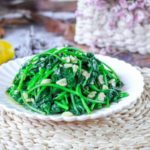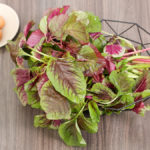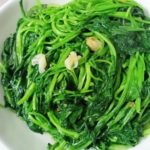Fruits and vegetables are essential everyday foods. But with concerns about pesticides and preservatives, it’s important to know that there are some inexpensive yet healthy and safe vegetables available in the market. On the other hand, there are also vegetables that should be avoided, even if they are offered for sale. Here are some examples:
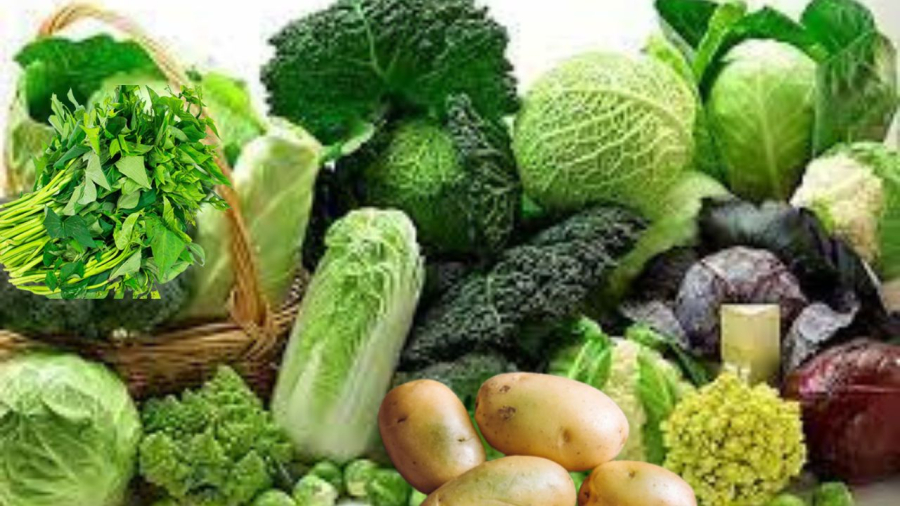
Vegetables that are cheap yet nutritious and safe:
Sweet potatoes: Sweet potatoes are usually the cheapest vegetables in the market, but they are quite safe to consume. Sweet potatoes have the property of growing in moist soil, which makes them less susceptible to pests and diseases, reducing the need for pesticide usage. Moreover, sweet potatoes are rich in nutrients and are considered a longevity food by the Japanese. According to traditional medicine, sweet potatoes have various health benefits, such as nourishing the body and improving vision. An analysis of the nutritional content shows that 100g of sweet potatoes contain typical nutrients like 22kcal of energy, 91.8g of water, 2.6g of protein, 2.8g of starch, 11mg of vitamin C, 900mg of vitamin BB, and minerals like 48mg of calcium, 54mg of phosphorus, and 2.7mg of iron. Sweet potatoes have more vitamin B2 than regular potatoes. Consuming sweet potatoes can help prevent constipation, detoxify the intestines, and even act as a good anti-cancer vegetable.
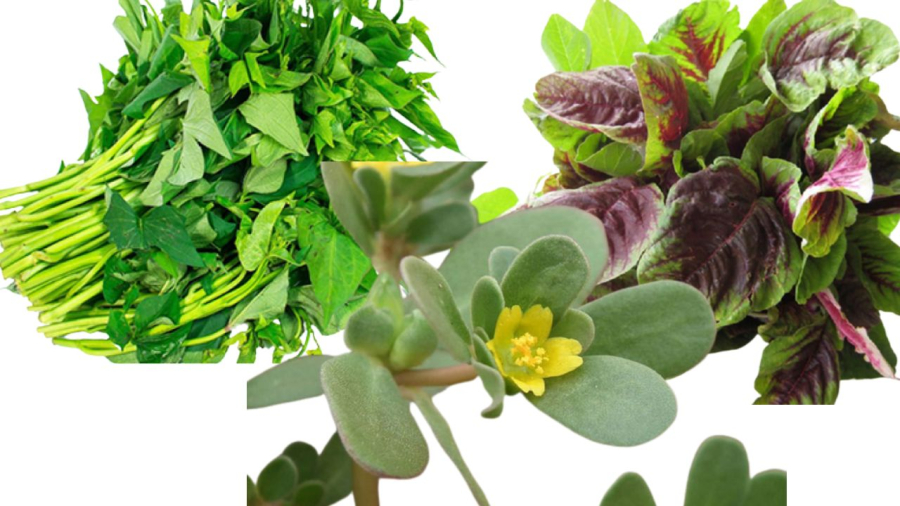
Water spinach: Water spinach, similar to sweet potatoes, is easy to cultivate, grows well, and is less affected by pests and diseases, reducing the need for pesticide usage. It is often less popular and therefore cheaper. However, nutritionally, water spinach is a powerhouse. According to traditional medicine, water spinach has a cooling property, is non-toxic, and has the ability to detoxify and promote diuresis. Water spinach is watery with tender leaves, making it suitable for stir-frying, soups, boiling, and hot pot. In Indian traditional medicine, water spinach is used to treat anemia, while in Indonesia, it is used to support postpartum mothers and treat constipation. Water spinach is considered a good vegetable for preventing constipation and boosting immunity.
Garden sorrel: This wild vegetable is highly praised in many countries. Garden sorrel has a sour taste and is used to make cooling soups. It naturally has antibacterial properties, making it less susceptible to pests and diseases. Garden sorrel is known to help with diarrhea and can be used to treat skin infections and sores.
Amaranth: Amaranth is a vegetable rich in folic acid and iron, good for cardiovascular health and antioxidant effects. Amaranth has a sweet taste. It contains an amino acid called lysine and minerals such as potassium, phosphorus, magnesium, iron, and vitamins C and E, which help prevent the formation of cancer cells caused by free radicals. Amaranth is also one of the cheapest vegetables available.
Vegetables that should be avoided even if given for free:
Overgrown bean sprouts: Bean sprouts are nutritious, but if they are not grown properly, they can be contaminated with toxins. Therefore, it is advisable to avoid buying bean sprouts without roots as they may be contaminated with chemicals, increasing the risk of serious cancer and posing a serious danger to consumers. Some sellers even refuse to eat them.
Withered or partially moldy vegetables: Fungi mold on vegetables produce toxins, especially dangerous aflatoxins, which can damage liver cells, cause degeneration and necrosis, and lead to liver cancer.
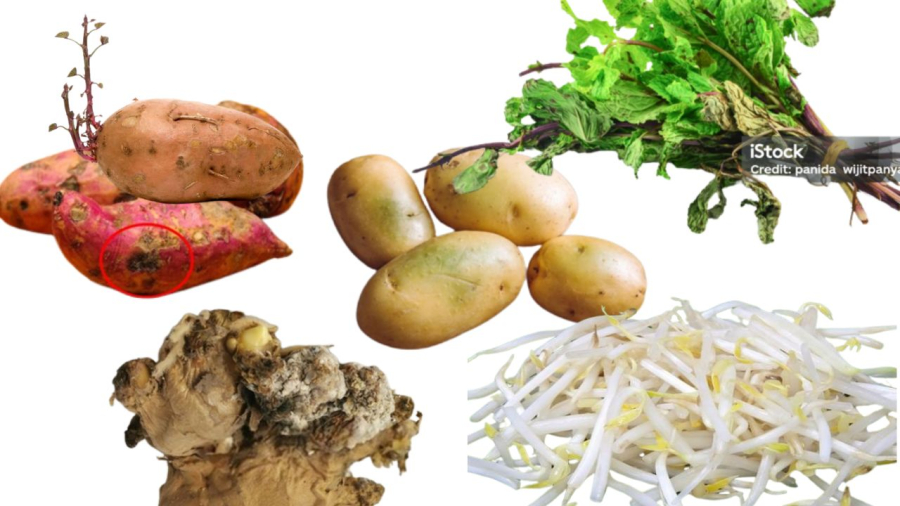
Sometimes people think that if they remove the moldy part, they can still eat the rest without realizing that tiny spores of mold might have already spread to the non-moldy parts. Therefore, even if it is tempting to buy these vegetables at a lower price, it is best to avoid them, as you can never be sure to what extent the mold has spread. Aflatoxins, the toxins produced by moldy vegetables, are very dangerous and can directly harm liver cells. Rotten or sprouted ginger.
Sprouted or moldy ginger: Ginger is a spice that is good for health, but when it sprouts or develops mold, it produces safrole, a highly toxic substance that can cause degeneration of liver cells and, over time, liver and esophageal cancer. Even if you cut off the moldy part, the rest is still not safe to consume. Therefore, it is absolutely necessary to avoid this type of ginger.
Sweet potatoes with black spots: When sweet potatoes have black spots, it indicates that they are diseased and contain harmful toxins. Eating a large amount of these sweet potatoes can cause acute poisoning, with symptoms such as difficulty breathing, nausea, and diarrhea. In the long run, it can lead to the accumulation of toxic mold substances, which can be harmful to internal organs. Moreover, the black rot bacteria can secrete a toxin called seton on sweet potatoes. Consuming a significant amount of seton from sweet potatoes can lead to severe poisoning, with symptoms such as high fever, seizures, vomiting blood, coma, and even death.

























